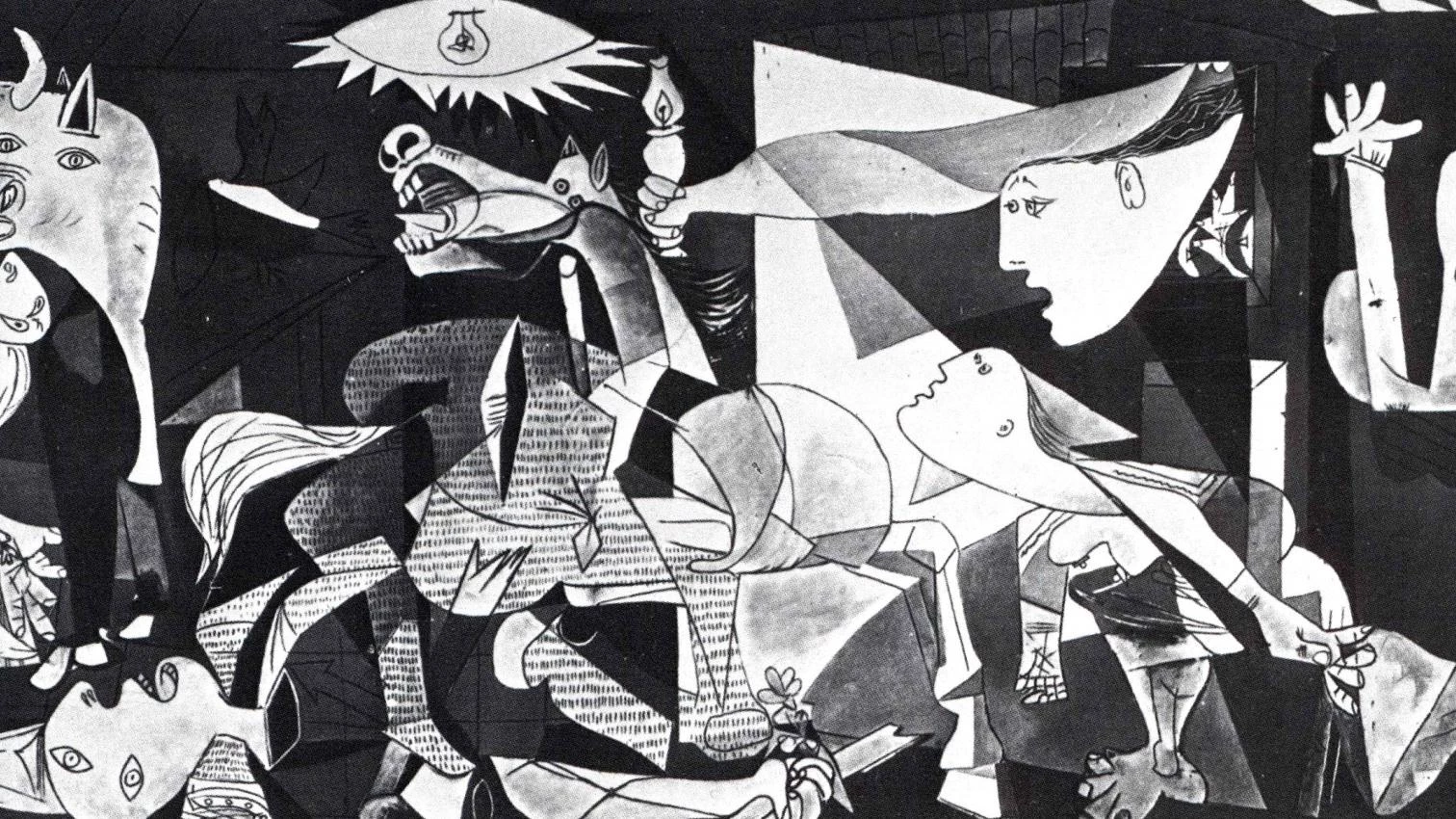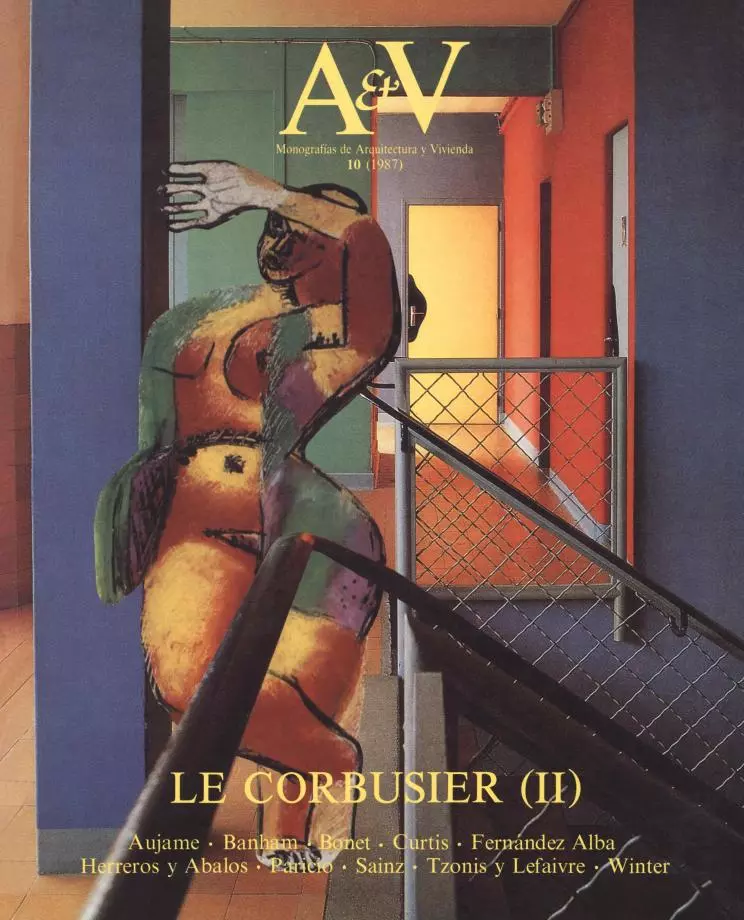The Poetics of the Marseille Unité d’Habitation

The Marseilles Unité was a jolt for post-war Europe. Just as Picasso’s «Guemica» had shocked people during an era of violence and destruction, the Unité was an optimistic call for experimentation, an invocation of joie de vivre. According to Tzonis and Lefaivre, Le Corbusier’s methods had a great deal in common with the montage techniques of Dadaism. The final result, in any case, was an object imbued with an enormous capacity to touch the emotions of spectators and users. The Unité, the authors say, should be seen as an epistemological, moralistic and tragic work.
As the twentieth century begins to draw to a close, Le Corbusier emerges more and more clearly as the key figure of the modern movement in architecture. Le Corbusier’s work radiates the same revolutionary fervor and aura of polemics as Sant’Elia’s and Doesburg’s, El Lissitsky’s and Buckminster Fuller’s, without however sharing their monistic and reductive tendency...[+]





